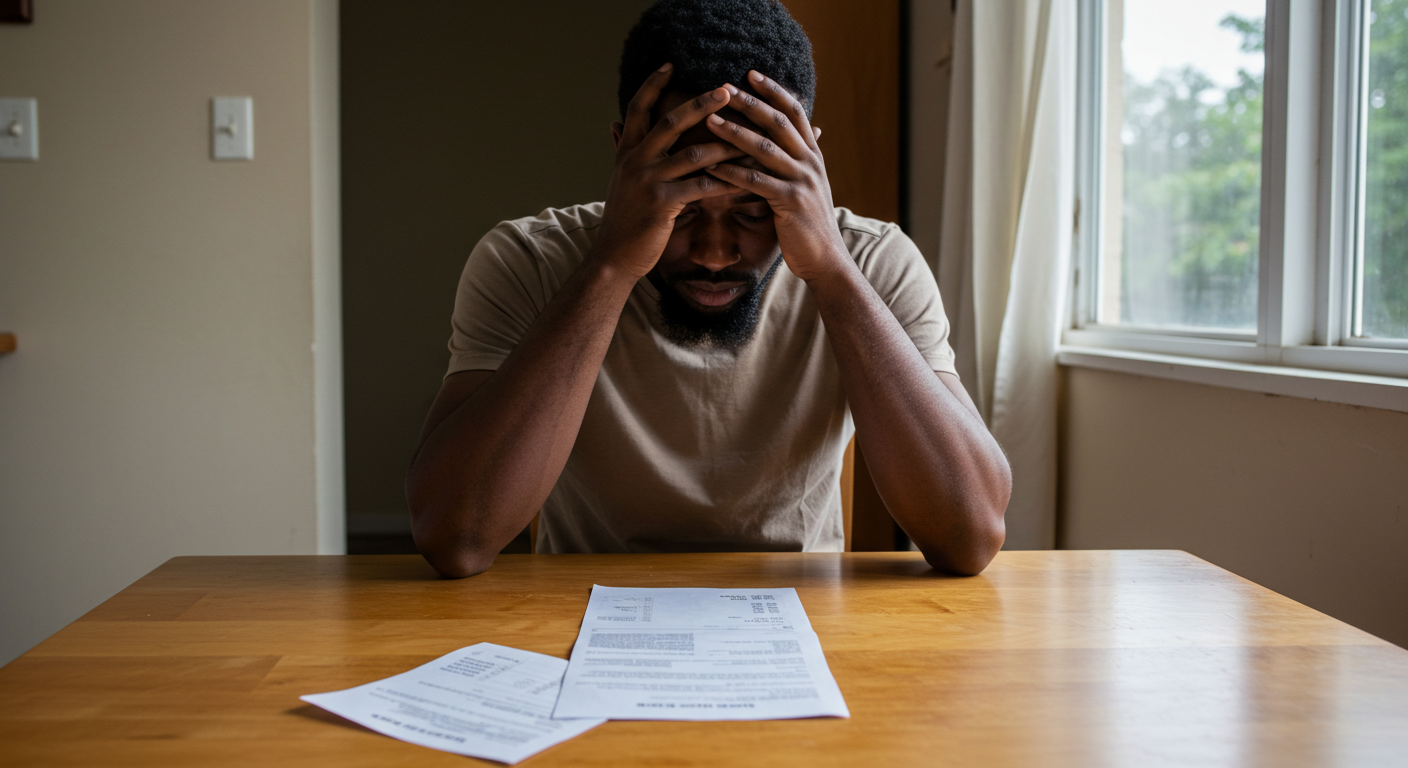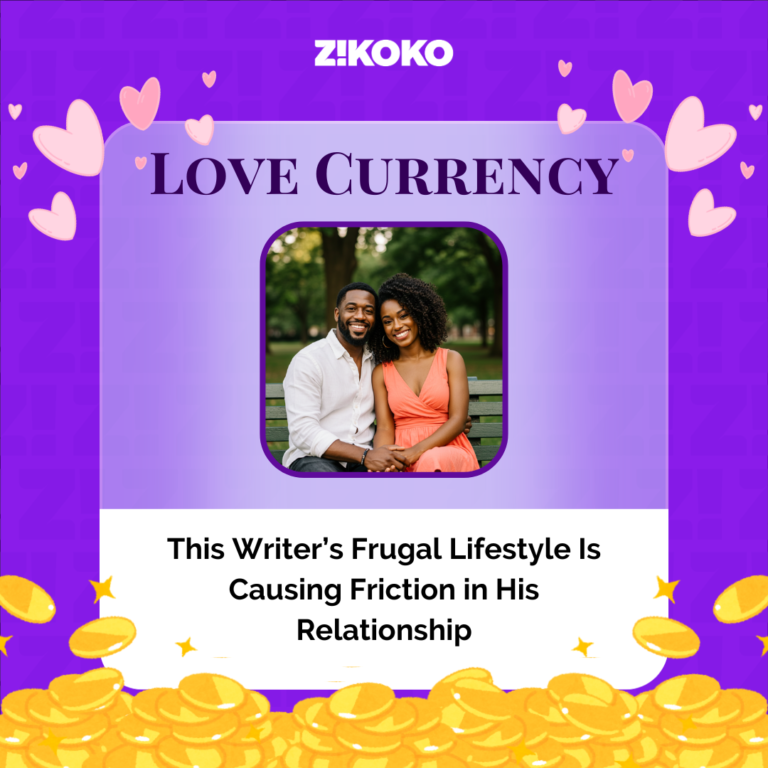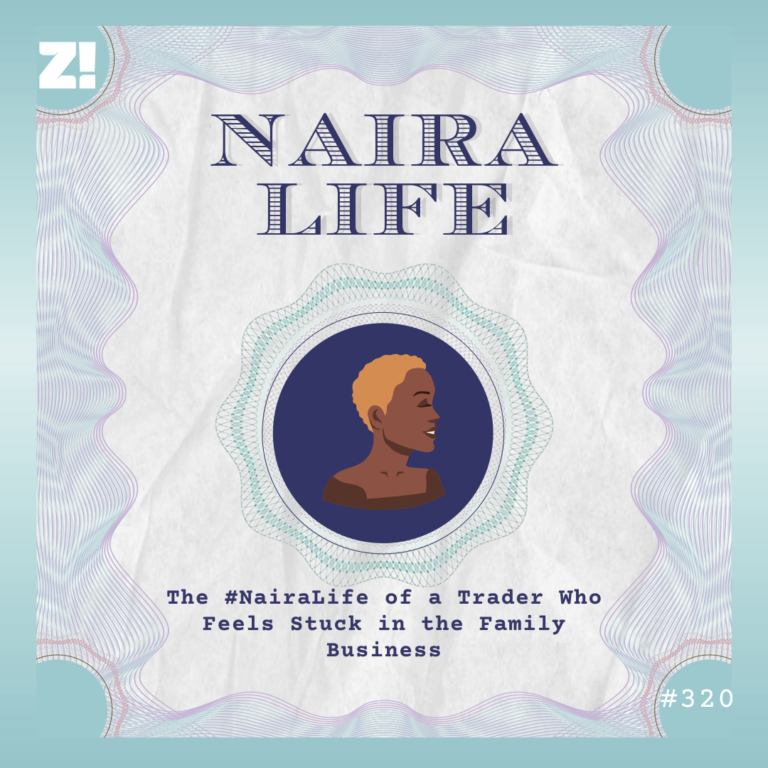As told to Boluwatife

Image: Ogo
The first time I heard that taking your husband’s surname after marriage stemmed from patriarchy was in 2018 on Facebook.
This feminist had made a whole note explaining how women who did it didn’t have minds of their own and were changing their identities for a man. Such women are oppressed and have been conditioned to stay chained to the shackles of patriarchy.
Many of her fans commented in agreement, but while I partly agreed, I objected to the notion that women who did it were oppressed. What about those who chose to do it? I commented the same, and she descended on me, saying something about the patriarchy being so subconsciously ingrained in us that we’ve been conditioned not to see anything wrong with it. Not one for online arguments, I said nothing else, but it stayed with me.
My logic behind treating a married woman’s name-change as a choice might seem flawed, but maybe my story will explain my stance.
For as long as I can remember, I’ve hated the surname I was born with. It’s an unusual name, and I remember almost every new teacher in primary school asking me to tell them the meaning. My father is very traditional, so he made sure we knew the meaning of all our names as soon as we could talk. Translated into English from Yoruba, it means something like “worshipping an idol”, and it never sat right with me.
I soon learnt to pretend not to know the meaning when I left primary school. It almost always involved long explanations that made me the centre of the class’s attention for about ten minutes. Sometimes, my classmates would chorus the meaning when a teacher asked, because they’d already heard it multiple times. I found it off-putting.

A rare depiction of my actual reaction. Image: Zikoko memes
When I turned 18, I told my dad I wanted to change my surname legally, and he kicked against it. Unfortunately for him, I inherited his stubbornness, so we fought about it for weeks. My mother had to step in to stop the cold war between us. She told me I could easily change it when I got married, so what was I fussing about?
When I started thinking about marriage at 22, my potential spouse’s surname played a significant role. Imagine marrying someone surnamed “Sangonimi” (I am Sango), for instance, and jumping from frying pan to fire. I remember confiding in my best friend about it. She laughed so much I thought she’d choke. I eventually agreed it was childish and decided if the man I married had a “strange” surname, I’d just use his first name as my married surname. Thankfully, my husband has a “normal” surname, and I didn’t have to resort to that. I just wanted to change my name, and this social rule helped.
Recently, the (false) Hakimi Twitter gist brought back the name-change conversation. But while I understand that this surname matter has been a tool for men to claim ownership of their wives, I think outrightly labelling it oppression fosters the belief that women don’t have a choice in the matter. Maybe historically, we didn’t, but Nigerians have become more progressive. I’ve met several women who didn’t change their names after getting married, and I know many who did because they wanted to.
I may be wrong, but the emphasis should be on allowing women to choose what they want to do and accepting the choices without attributing said choices to oppression.
*Subject’s name has been changed for the sake of anonymity.
RECOMMENDED READ: I Was Married Three Years Before My Husband Knew I Had Kids





